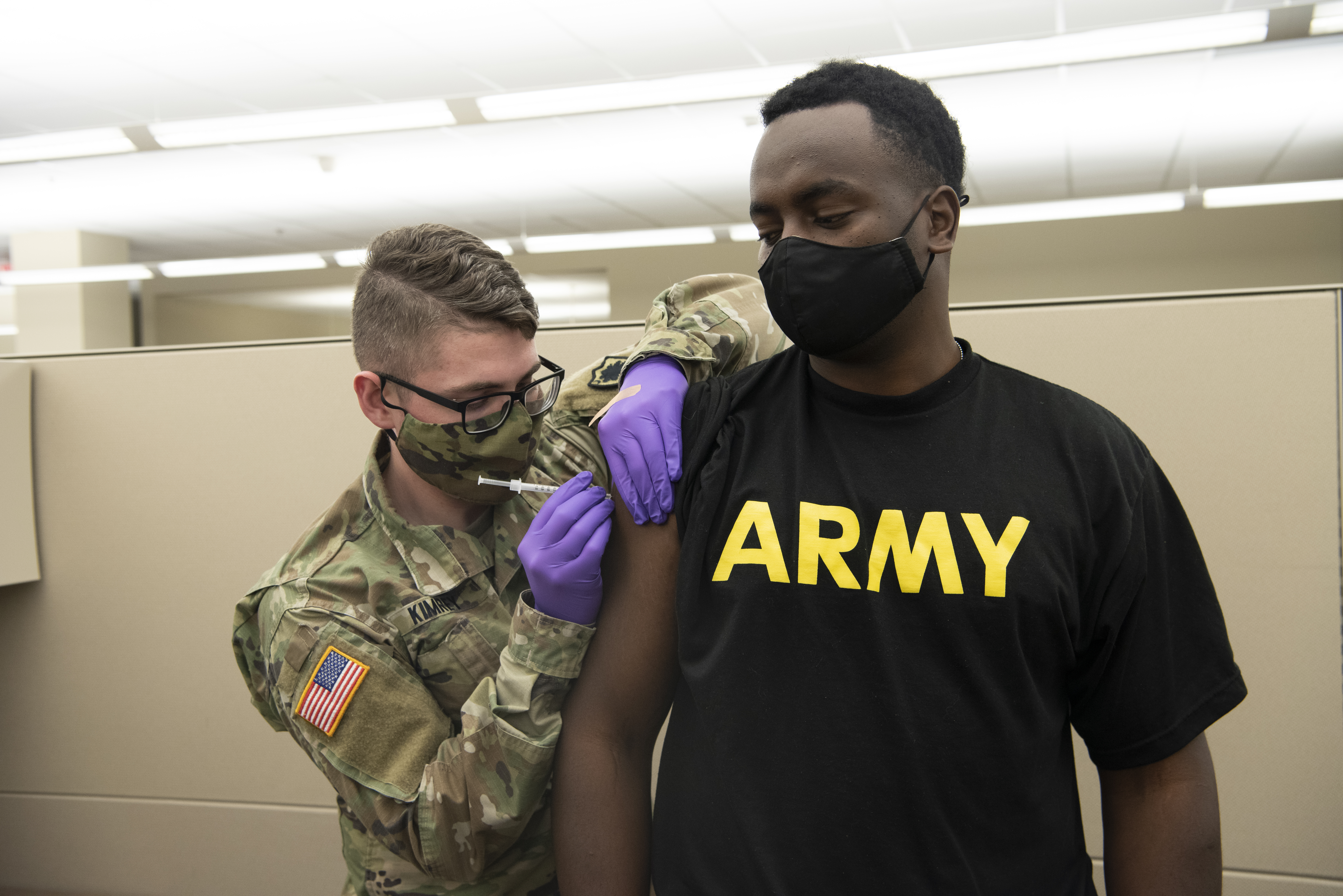Newly approved vaccines for respiratory syncytial virus (RSV) in older adults are under investigation by the Centers for Disease Control and Prevention (CDC) due to a potential link to Guillain-Barré syndrome (GBS). GBS is a rare nervous system disorder that causes the immune system to attack the body's own nerves.
During a recent meeting of the Advisory Committee on Immunization Practices, health officials presented data that suggests a slightly elevated rate of GBS among individuals who received RSV vaccines developed by Pfizer and GlaxoSmithKline (GSK). The U.S. Food and Drug Administration (FDA) detected a data mining alert in January, indicating a potential association between GBS and Pfizer's Abrysvo RSV vaccine.
According to data from the Vaccine Adverse Event Reporting System (VAERS), there have been 35 reports of GBS, with 18 cases associated with Pfizer's vaccine and 16 cases associated with GSK's vaccine. The CDC has verified 23 cases of GBS reported to VAERS, all occurring within 22 days of RSV vaccination.
While the number of reported cases is relatively small, experts believe that underreporting is a significant limitation of passive surveillance systems like VAERS. The CDC's Vaccine Safety Datalink (VSD) also suggests a potential increased rate of GBS following vaccination with GSK's Arexvy RSV vaccine. However, further analysis is needed to determine the exact risk.
It is estimated that for every 1 million doses of Arexvy administered, 10 people may experience GBS, compared to 25 cases for Abrysvo. The CDC emphasized that the risk-benefit analysis still supports the use of both RSV vaccines in individuals over 60 due to the burden of RSV in that population.
GBS has also been reported following other vaccines, including COVID-19, recombinant zoster, and influenza vaccines. CDC studies have found an increased risk of GBS among adults 18 and older following COVID-19 vaccination with the Johnson & Johnson (J&J) shot. The FDA has already included a warning related to the increased risk of GBS in the product fact sheets for J&J.
While there are no similar signals observed with mRNA vaccines by Pfizer and Moderna, cases of GBS and its variants have been reported following vaccination with both vaccines. It is important to note that GBS is already listed as an adverse event on the labels of the RSV vaccines in question.
Despite the ongoing investigation, experts urge caution in interpreting the data, as the vaccines are still in the early uptake phase. The CDC's risk estimates are expected to improve as more data becomes available.
In conclusion, the potential link between RSV vaccines and GBS in older adults is being investigated by the CDC. While the number of reported cases is relatively small, further analysis is needed to determine the exact risk.







